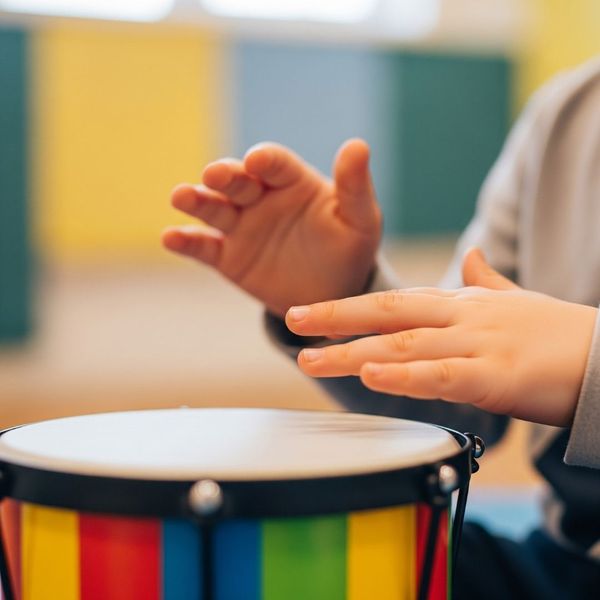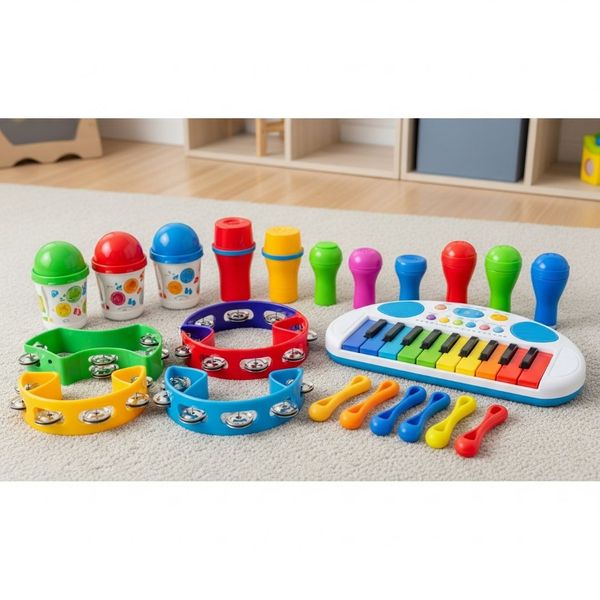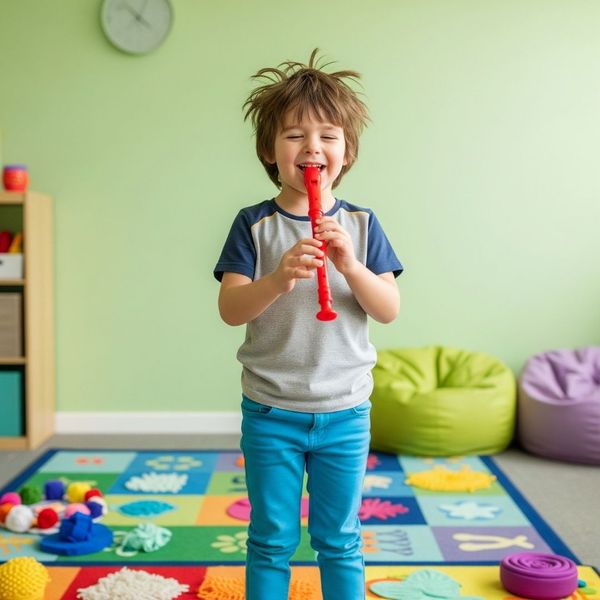At Elevate Music Therapy, we witness daily how music can be a transformative force in a child's life. The role of music in fostering child development skills is profound, offering a unique and engaging pathway to growth. It’s more than just playing instruments; it’s about creating a structured, sound-rich environment where children can build crucial cognitive, motor, and social-emotional skills in a way that feels like pure fun.
The Role of Music in Fostering Child Development Skills

Enhancing Cognitive Function Through Rhythm and Melody
Music is inherently mathematical and structured, which helps build foundational cognitive skills. During a music therapy session, activities like recognizing patterns in melodies or keeping a steady beat on a drum engage areas of the brain responsible for memory, attention, and problem-solving, creating a strong framework for academic and lifelong learning.

Developing Social and Emotional Skills
Group music activities provide a wonderful platform for social development. Children learn to listen to others, take turns, and collaborate toward a common goal, like creating a song together. This interaction builds empathy, self-awareness, and confidence. A successful music therapy session can help a child express emotions that are otherwise difficult to articulate.

Improving Fine and Gross Motor Skills
Playing musical instruments is a fantastic way to refine motor skills. Grasping a shaker, striking a xylophone, or pressing keyboard keys enhances fine motor control and hand-eye coordination. Larger movements, such as dancing to a rhythm or playing a floor drum, improve gross motor skills, balance, and coordination in a dynamic, interactive way.

Boosting Communication and Language Abilities
Music and language are deeply intertwined in the brain. Singing songs helps children learn new vocabulary, understand sentence structure, and improve articulation. The call-and-response nature of many musical games encourages vocalization and turn-taking, which are fundamental components of conversation and effective communication, making each music therapy session a step forward.
The incredible role of music in fostering child development skills is a cornerstone of our practice. It provides a holistic approach that supports the whole child in a joyful and motivating way. To learn how Elevate Music Therapy can help unlock your child's potential through sound and rhythm, contact us today. We believe in making progress through music.
